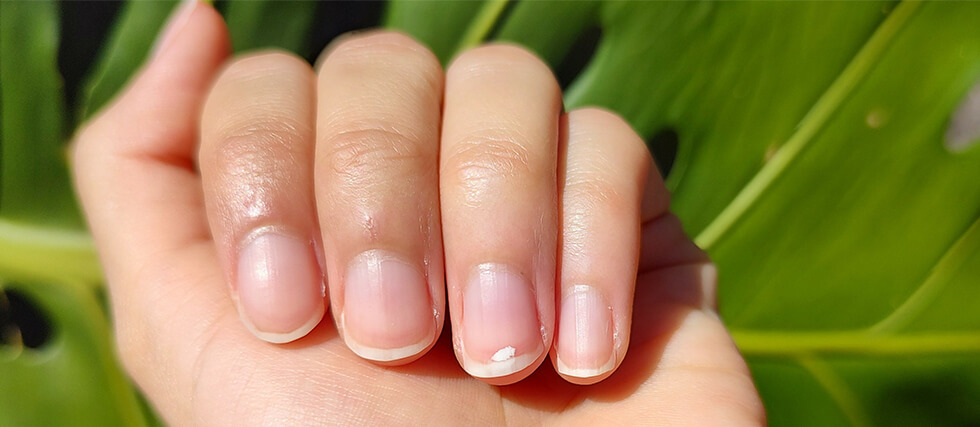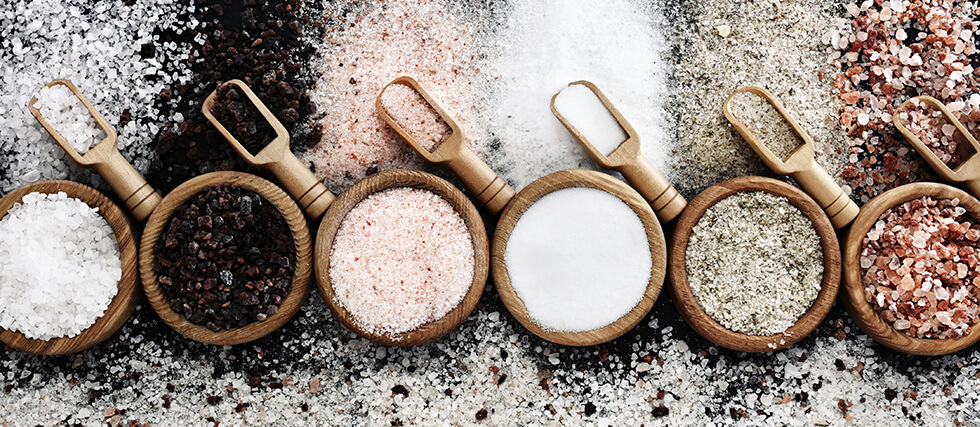Research increasingly shows that exposure to natural environments enhances gut microbiome diversity, improving immune function and overall health. A Finnish study found that children playing in forest soil for 28 days experienced significant increases in beneficial gut bacteria and immune markers. This suggests that even short-term interactions with nature can profoundly influence health.
How to Incorporate More Nature into Your Life
1. Daily Outdoor Play and Walks
Spending time in natural environments such as parks, forests, or gardens exposes you to diverse microbial communities. Aim for at least 30 minutes of outdoor activity daily, whether it’s a nature walk, hiking, or gardening.
2. Gardening and Soil Interaction
Hands-on interactions with soil, especially organic compost and plant-based materials, can transfer beneficial microbes to your skin and gut. If you don’t have a garden, consider potted plants or community gardening.
3. Bring Nature Indoors
Houseplants, such as spider plants, increase microbial diversity in indoor spaces. Studies show that introducing just one plant can significantly enhance indoor microbial environments.
4. Choose Nature-Rich Recreational Activities
Instead of the gym, try trail running, biking, or yoga in a park. Camping and picnicking also increase contact with nature and its microbial benefits.
5. Natural Play Spaces for Children
Encourage children to play in natural environments rather than artificial
playgrounds. Sandpits enriched with natural soil can enhance gut microbiota and immune function in young children.
6. Engage in Forest Bathing
Inspired by the Japanese practice of Shinrin-yoku, spending mindful time in forests can enhance mental well-being while exposing the body to beneficial airborne microbes.
By making these small but effective lifestyle shifts, you can support your gut microbiome naturally and enjoy long-term health benefits.













